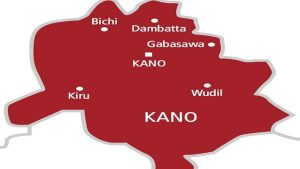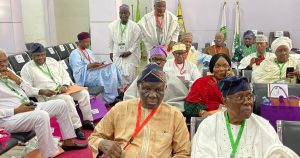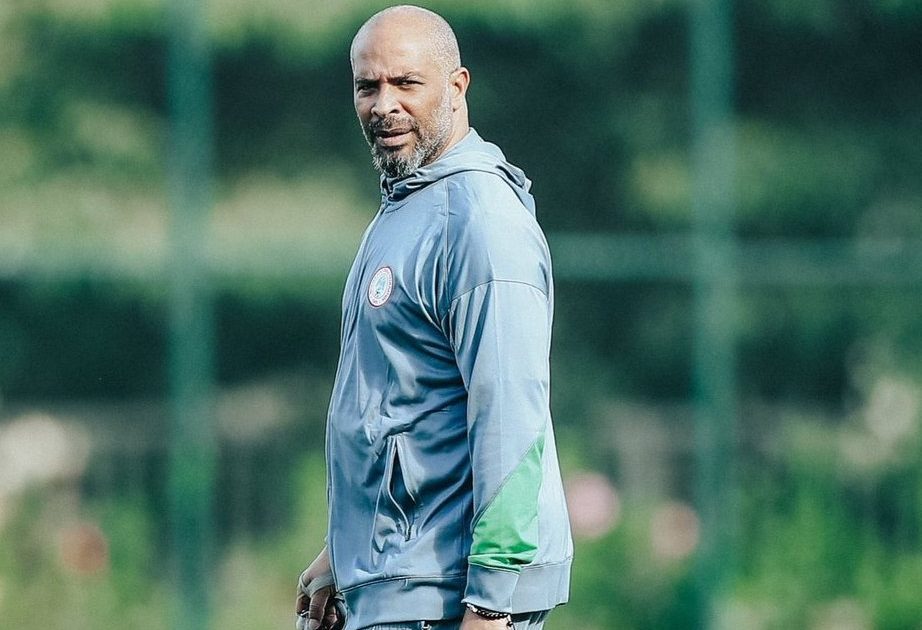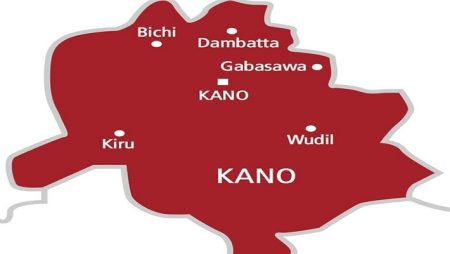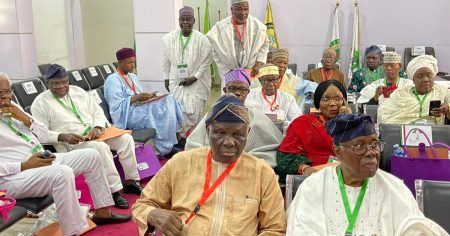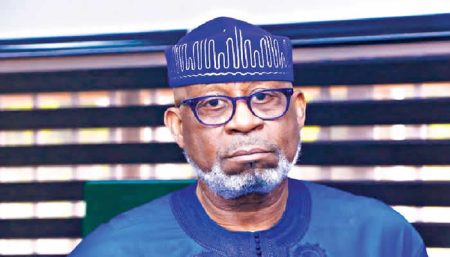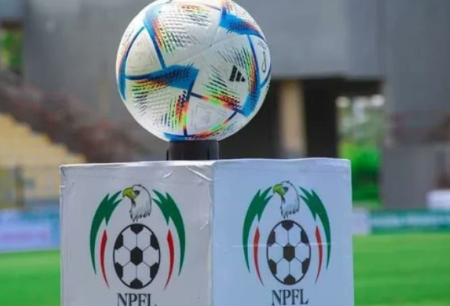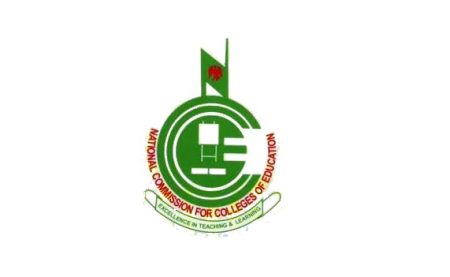The announcement of Nigeria’s provisional 31-man squad for the crucial World Cup qualifiers against Rwanda and South Africa sparked a fervent online debate amongst Nigerian football fans, centered on the conspicuous absence of Nigeria Premier Football League (NPFL) players. Head coach Eric Chelle’s decision to include only one home-based player, goalkeeper Ebenezer Harcourt of Sporting FC, was met with overwhelming support from fans still reeling from the Super Eagles B’s disastrous performance at the recent African Nations Championship (CHAN) in Tanzania. The online discourse reveals a palpable frustration with the domestic league’s perceived inability to produce players capable of performing at the international level.
The Super Eagles B’s dismal showing at CHAN, where they crashed out in the group stage with defeats to Senegal and Sudan and a consolation victory against Congo after elimination was confirmed, cast a long shadow over the squad selection. Fans on social media platforms readily pointed to the team’s CHAN debacle as justification for Chelle’s preference for overseas-based players. The sentiment resonated across various comments, with fans questioning the value of including NPFL players given their recent underwhelming performance. The criticism was sharp and direct, reflecting a deep-seated disillusionment with the quality of the domestic league.
The online conversation highlighted a clear disconnect between the expectations of fans and the perceived capabilities of NPFL players. While some fans initially questioned the omission of home-based talent, they were swiftly countered by others who vividly recalled the team’s struggles at CHAN. The responses ranged from pointed questions about the NPFL players’ contributions at CHAN to outright derision of their performance. The consensus among fans online was that the CHAN experience served as a stark reminder of the gap in quality between home-based players and their international counterparts.
Chelle’s squad selection for the World Cup qualifiers reflects a pragmatic approach, prioritizing proven international experience over potential domestic talent. The inclusion of established stars like captain William Ekong, Victor Osimhen, Ademola Lookman, and Alex Iwobi signals a clear intent to maximize Nigeria’s chances of qualifying for the 2026 World Cup. This strategy stands in stark contrast to Chelle’s approach for CHAN, where he heavily relied on players from NPFL champions Remo Stars, a decision that ultimately backfired with the team’s early exit.
The CHAN experience appears to have been a significant learning curve for Chelle, who acknowledged the team’s shortcomings after the tournament, citing inexperience and an inability to handle pressure as key factors in their underwhelming performance. His subsequent selection for the World Cup qualifiers suggests a shift in philosophy, emphasizing the importance of international experience and composure in high-stakes matches. With Nigeria currently precariously placed in their qualifying group, the upcoming fixtures against Rwanda and South Africa are must-win encounters, demanding a squad capable of delivering under pressure.
The upcoming World Cup qualifiers represent a critical juncture for Nigeria’s football aspirations. With only the group winners guaranteed a spot in the 2026 World Cup, the Super Eagles face a daunting task. The matches against Rwanda and South Africa hold immense significance, and Chelle will be relying on his experienced overseas-based contingent to secure the vital points needed to keep Nigeria’s qualification hopes alive. The fan reaction to the squad announcement underscores the high stakes involved and the immense pressure on the team to deliver a positive result. The debate surrounding the inclusion of home-based players highlights the ongoing challenges facing Nigerian football and the need for continued development at the domestic level.


